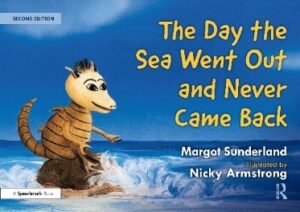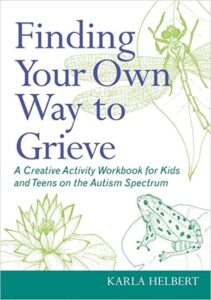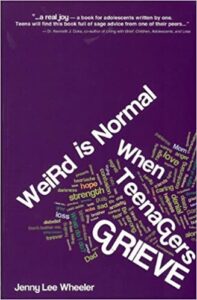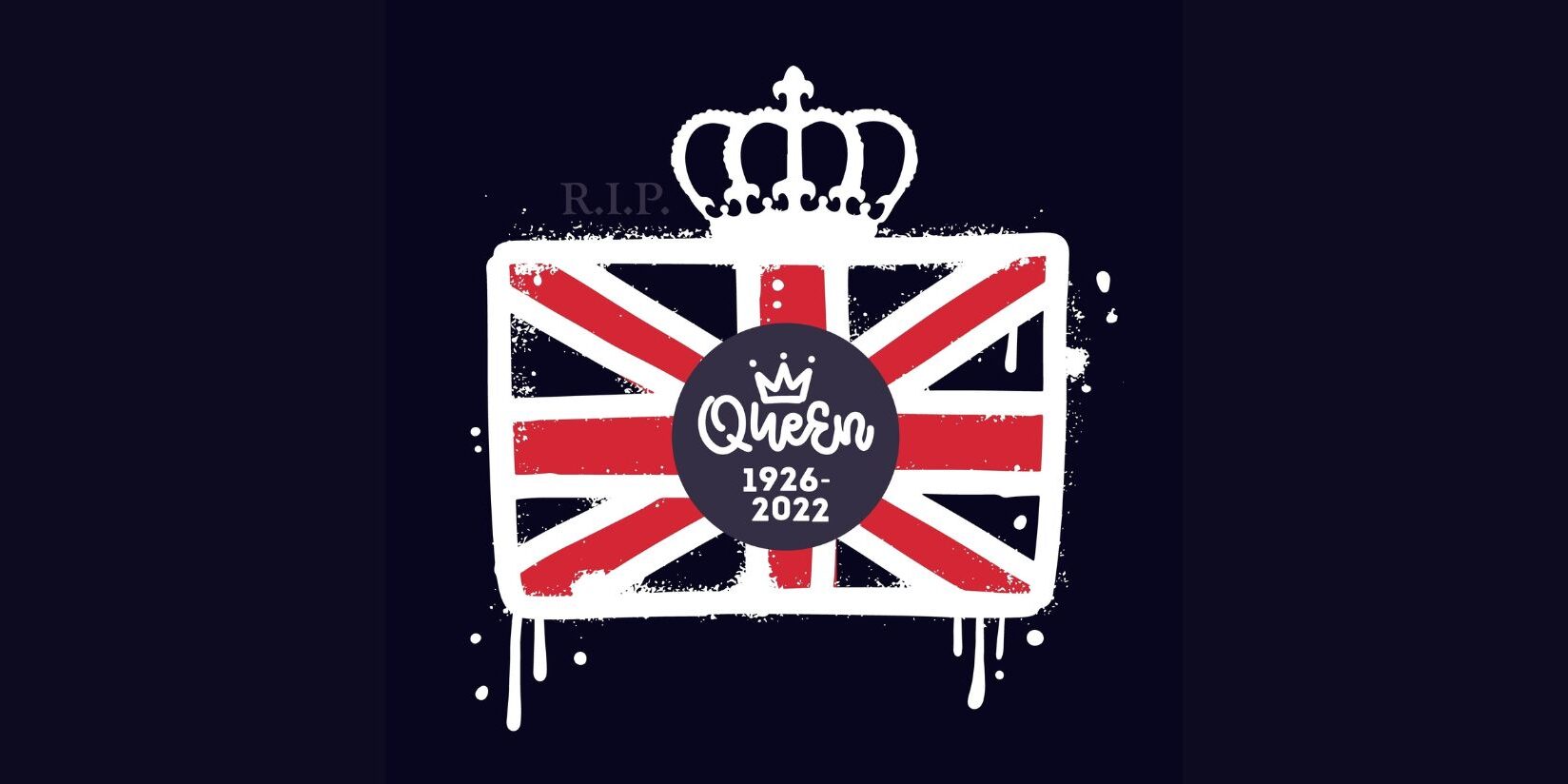This week we have been mourning a remarkable lady. Whether you are a fan of the Monarchy or not, Her Majesty Queen Elizabeth II was a person of immense integrity, a loyal servant to the country working well into her 90’s, an age when many of us would want to be resting. She was an inspiration to many, including the children and young people that she engaged with on her visits around the UK and the rest of the world. 😔
With all of the coverage on the television and social media, children will have questions
– so how can we help children to make sense of the death of Queen Elizabeth?
The Queen was often on our television screens waving at crowds or meeting international dignitaries, and part of our regular traditions such as The Queens Speech on Christmas Day. Many children took her into their hearts following her recent tea with Paddington Bear at the Jubilee celebrations only a few months ago – not to forget her dramatic entrance to the 2012 Olympic Games with James Bond!
So, for some of our foster children this may be the first significant passing of someone they feel they know. Most foster carers are caring for a child who is mourning in one way or another, and this may bring up feelings relating to these other losses or bereavements they have experienced. This can be the death of a parent or another significant person in their lives, but many are mourning the loss of their parents and/or siblings with whom they no longer reside so therefore a different type of loss, but a loss, nonetheless. They often do not have the maturity that we have as adults when we lose a parent. For many of them it simply doesn’t make sense, nor do the emotions that come with it, but we as adults can help them process their feelings of loss. Childhood bereavement charity Winston’s Wish have some helpful guidance. “
Use clear, age-appropriate language
Although it’s tempting to use terms like ‘gone to sleep,’ ‘passed away’ or ‘lost,’ this can be confusing to children who often take things literally. If she’s gone to sleep, why can’t we wake her up? If she’s lost, why can’t we find her?
Although they feel harsh and blunt, and as adults we can shy away from them, using words like ‘dead,’ ‘died’ and ‘death’ helps to create a clear definition for children.
Explain what death is using concepts they understand
This could be a child’s first experience of death and, if they are younger, they might not fully understand the concept of death. This can be confusing and frightening for them. This is a clear way to explain death:
When someone dies, their body has stopped working and they can’t be brought back to life. They are no longer able to do the things they could when they were alive, such as move or talk. When someone dies, their heart stops beating, they stop breathing, their brain stops thinking. Sometimes it helps to start by talking about the concept of being alive.
You can also use examples in nature to explain death to a child, such as the difference between an insect which is alive and one which is dead.
Reassure your child
Hearing about The Queen’s death might make children worried about people around them dying. If you can, offer them reassurance but without making impossible promises. Saying things like “we are healthy and we’re going to do all we can to keep that way because I want to do X in the future,” or if someone is seriously ill, you can still offer reassurance but being honest is important.
An explanation such as “you know Dad is very ill at the moment and has an illness called X. The doctors are giving Dad special medicine and working very hard to make him better.”
Be honest
It’s better to be open, honest and direct when someone has died. Without clear information children tend to fill the gaps to try and make sense of what is happening. There will also be lots of information available to them elsewhere which they may start searching for– on TV, online, overhearing conversations and playground talk. This can mean that children imagine all sorts of things about a death, which are often worse than the reality.
Encourage questions and honest answers
A child may have a lot of questions about The Queen’s death, or it may prompt questions about death in general. It could be all at once or they may come back to you several hours or days later. Try to answer them honestly and if you don’t know the answer, let them know you will try to find out for them. By reassuring them that questions are ok, and you’ll do your best to answer it, they are learning to trust the responses you give.
Let them know their feelings are normal
Let the child know that their feelings – anger, sadness, guilt, worry, confusion and more – are all normal reactions to hearing that someone has died. They may not feel upset as they didn’t really have a connection to The Queen, and that’s ok. However, if they do feel upset, it’s important not to also honour their reaction and sadness and allow them to explore their feelings.
Don’t be fearful of showing your own emotions
Children will look to adults around them to make sense of grief and try to understand how should react. It’s ok to explore feelings with children and give them permission to explore their feelings with you. For example, if they see you upset you could say ‘I’m sad because I am sad that The Queen has died’ or ‘I’m crying because The Queen’s death has made me think about when your Granny died.“ (mysocialworknews.com, 2022)
Where to get support
Foster Carers should initially speak with their Supervising Social Worker for advice and guidance on supporting a child with the grieving process, but also to ensure that you, dear Foster Carer, are also getting support for your own feelings around any losses that you may have experienced. Please have a look at the resource section below for books/films that can help explain death, and also information on children’s understanding of death at different ages.
by Lynsey Dobbs, Senior Recruitment Officer
Resources
https://www.childbereavementuk.org/information-childrens-understanding-of-death Child Bereavement UK – Children’s understanding of death at different ages
Marie Curie Talkabout – Six films to help children understand death and grief
(including the suitably regal ‘the Lion King’)
Books –
For younger children
 The Day the Sea Went Out and Never Came Back: A Story for Children Who Have Lost Someone They Love: A Story for Children Who Have Lost Someone They Love (Helping Children with Feelings)
The Day the Sea Went Out and Never Came Back: A Story for Children Who Have Lost Someone They Love: A Story for Children Who Have Lost Someone They Love (Helping Children with Feelings)
By Margot Sunderland and Nicky Armstrong
Eric is a sand dragon who loves the sea very much. Each day, he watches it go out, knowing that it will return. But one day, Eric waits and waits, but it does not come back. He falls on the sand, feeling as if he has lost everything. Eric wants to shut himself off from his feelings, but eventually spots a little wildflower growing, and another, and another. He builds a rock pool garden, in memory of the sea that he loves, and learns that it is much better to feel the full pain of his loss, instead of closing his heart. A story for children who have lost someone they love.
The beautiful illustrations and sensitively written story offer a wealth of opportunities to begin a conversation about the difficult emotions that can follow a loss, helping children to acknowledge and express their emotions. The story shows them that it is brave to feel sad, that they are surrounded by support, and that memories of a loved one are a special treasure that can never be lost. Ideal for starting conversations about grief and sadness, this is an essential resource for anybody supporting children aged 4-12 who have experienced loss.
For children with additional needs
 Finding Your Own Way to Grieve: A Creative Activity Workbook for Kids and Teens on the Autism Spectrum
Finding Your Own Way to Grieve: A Creative Activity Workbook for Kids and Teens on the Autism Spectrum
By Carla Helbert
Children and teenagers with autism can struggle to cope with the loss of a loved one, and the complicated and painful emotions of bereavement. This book explains death in concrete terms that the child with autism will understand, explores feelings that the child may encounter as a part of bereavement, and offers creative and expressive activities that facilitate healing.
With illustrations throughout, this interactive book begins with a simple story about what happens when people die. Each chapter then expands on the issues that have been raised in the story and offers a variety of coping skills exercises including writing, art and craft, cooking, movement, relaxation, and remembrance activities. Encouraging children with autism to express their loss through discussion, personal reflection, and creative activity, the book is ideal for children and teens to work through by themselves, or with the support of a family member or professional.
By a teenager for children and younger teens
 Weird Is Normal When Teenagers Grieve
Weird Is Normal When Teenagers Grieve
By Jenny Lee Wheeler
Teens grieve differently from adults and often get lost in the shuffle after the death of a loved one. Weird Is Normal When Teenagers Grieve is unique because it is a self-help book for grieving teens written by an actively grieving teen. Author Jenny Lee Wheeler lost her father to cancer when she was fourteen and validates for her peers that they have the right to grieve in their own way and according to their own timetable, that their grief attacks might be different from those of adults around them, and that they aren’t going crazy if they see signs from their loved one. Dr. Heidi Horsley writes in the Foreword, Teen grief is often overlooked and unacknowledged. Jenny’s journey will strike a note with teenagers everywhere who have experienced the loss of someone they love. She gives sound advice and lets them know they are not alone.
(reviews by Amazon.co.uk)
Sources
https://www.mysocialworknews.com/article/how-to-talk-to-children-about-the-death-of-the-queen?fbclid=IwAR3TsM8LS4mA6Bs60RkTCDaD9K30g3dRmaONw38cblI6Y70Ti2tTzLwu-E4 My Social Work News – How to talk to children about the death of the Queen
https://www.winstonswish.org/talk-to-children-about-death-of-queen/ Winston’s Wish – How to talk to children about the death of the Queen

 https://www.mariecurie.org.uk/talkabout/articles/six-films-to-help-kids-understand-death-and-grief/257892
https://www.mariecurie.org.uk/talkabout/articles/six-films-to-help-kids-understand-death-and-grief/257892